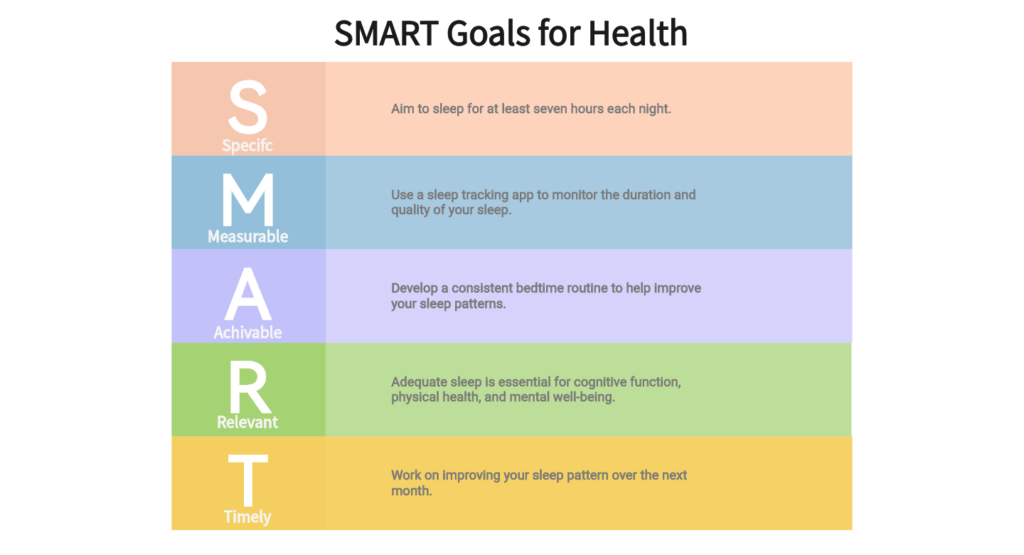Reducing weight involves a balanced diet, regular exercise, proper sleep, and stress management. Eat more whole foods, control portions, stay hydrated, and avoid sugary snacks. Exercise regularly, incorporate strength training, and stay active daily. Manage stress and sleep well. Track your progress and stay motivated.
Dietary Changes

- Balanced Diet: Focus on a diet rich in fruits, vegetables, whole grains, lean proteins, and healthy fats. Avoid processed foods and sugary beverages.
- Portion Control: Pay attention to portion sizes. Using smaller plates can help control portions.
- Mindful Eating: Eat slowly and without distractions. This helps you recognize when you’re full and can prevent overeating.
- Hydration: Drink plenty of water throughout the day. Sometimes, thirst is mistaken for hunger.
- Limit Sugars and Refined Carbs: Reduce intake of foods high in added sugars and refined carbohydrates, such as white bread, pastries, and sweets.
- Healthy Snacking: Choose healthy snacks like nuts, fruits, or yogurt instead of chips or candy.
Physical Activity

- Regular Exercise: Aim for at least 150 minutes of moderate-intensity or 75 minutes of high-intensity exercise each week. This can include activities like walking, running, cycling, or swimming.
- Strength Training: Include strength training exercises at least two days a week. This helps build muscle, which can increase your metabolism.
- Active Lifestyle: Incorporate more physical activity into your daily routine, such as taking the stairs, walking or biking instead of driving, and standing or walking during breaks at work.
Lifestyle Adjustments

- Sleep: Ensure you get 7-9 hours of quality sleep per night. Poor sleep can affect your hunger hormones and increase your appetite.
- Stress Management: High stress can lead to emotional eating. Practice stress-reducing activities such as meditation, yoga, or deep breathing exercises.
- Support System: Surround yourself with supportive friends and family who encourage your weight loss goals. Consider joining a weight loss group or finding a workout buddy.
Monitoring and Setting Goals

- Track Your Food Intake: Use a food diary or an app to track what you eat. This helps you stay accountable and identify areas for improvement.
- Set Realistic Goals: Set achievable and specific goals, such as losing 1-2 pounds per week. Rapid weight loss can be unhealthy and unsustainable.
- Regular Weigh-Ins: Weigh yourself regularly, but not obsessively. Once a week is usually sufficient to track progress without becoming discouraged by normal fluctuations.
Additional Tips
- Consult a Professional: If you’re struggling to lose weight, consider consulting a dietitian or a doctor. They can provide personalized advice and address any underlying health issues.
- Stay Motivated: Find what motivates you, whether it’s fitting into a favorite outfit, improving your health, or increasing your energy levels. Celebrate your successes along the way, no matter how small.
Remember, weight loss is a gradual process and requires a long-term commitment to healthy lifestyle changes. Aim for sustainable habits rather than quick fixes.





Thanks for the post